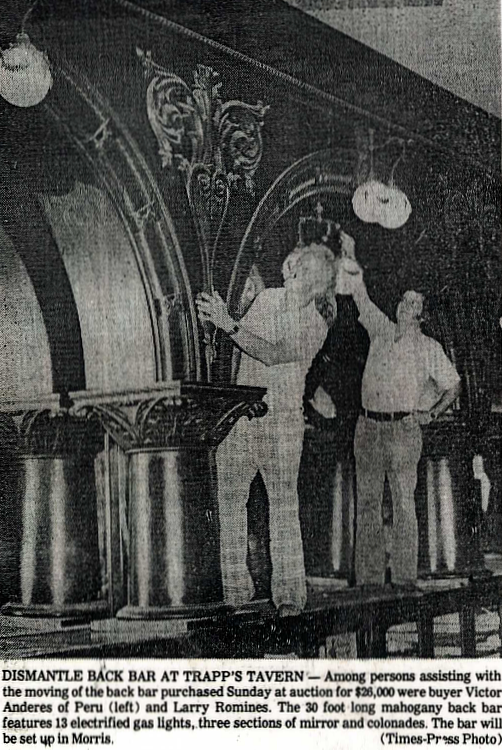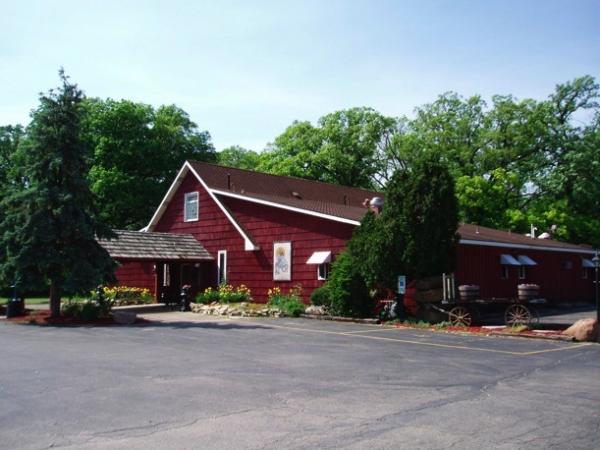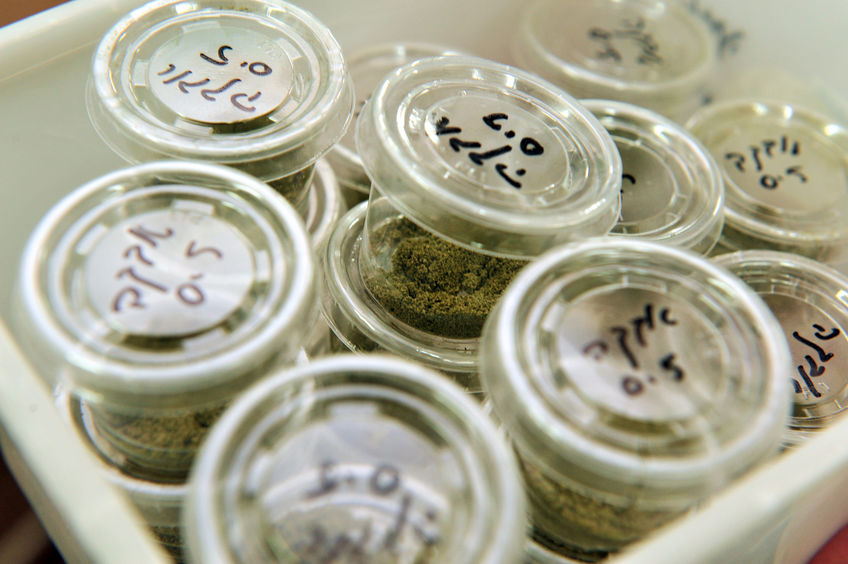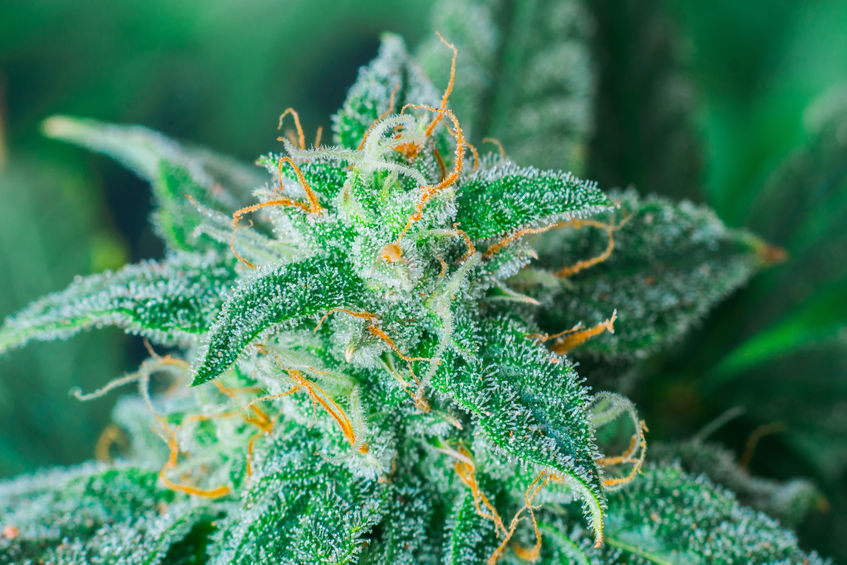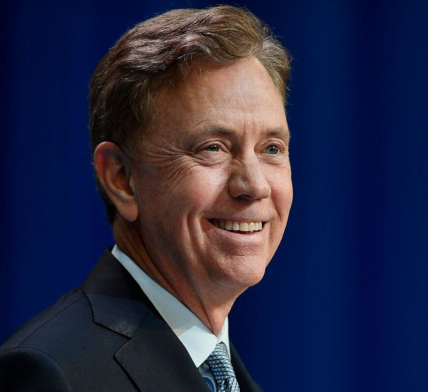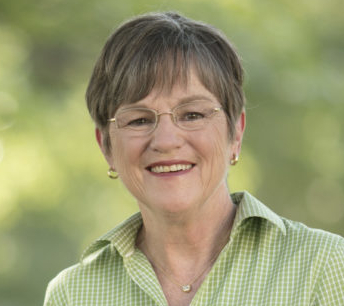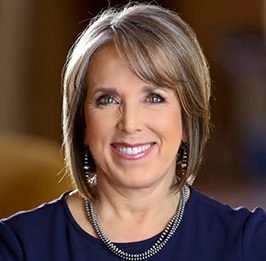Category: medical marijuana
Success Story Part 1: A Bar’s Origin and Journey
If a bar’s walls could talk, you could imagine the stories it would tell. The secrets, truths, tales, and a mix of all three from patrons, bartenders, cooks, and other staff remain trapped under layers of paint, trying to escape unsuccessfully through the cracks. But every now and then, there’s a special bar with a classic design, heft, and durability that embarks on an epic journey. It’s the kind of bar you see once in 125 years, about to celebrate its Quasquicentennial. It doesn’t need to rely on walls to tell stories because the bar is the story.
This bar’s story is told in four acts, beginning in the big city of Chicago in the late 19th Century and continuing down-state to this very day.

Act 1: The Origin
When you consider the bar’s roots, it makes sense that it was destined for longevity. Anheuser Busch Co. commissioned the bar in 1882, which was designed and built by Brunswick Balke-Collender. The TIMES-PRESS of Streator, IL, described it as, “…a splendid oak and brass structure with intricately carved detailing that measured 14 feet high by 30 feet long and featured 13 electrified gas lights with three sections of mirror and colonnades. The front bar had a copper foot rail and a marble base.”
Anheuser Busch was impressed enough to display the bar at The World’s Columbian Exposition in Chicago in 1893 where it resided in the company’s pavilion for the Fair’s year-long run. When the Fair concluded, sponsors of the exhibits sold displays and showpieces. A barkeep by the name of John Trapp purchased the bar and had it transported by Anheuser Busch’s famed Clydesdale horses some 100 miles away to the small industrial town of Streator and placed in his saloon, Trapp’s Tavern.
___________________________
It’s the kind of bar you see once in 125 years, about to celebrate its Quasquicentennial. It doesn’t need to rely on walls to tell stories because the bar is the story.
___________________________
Act 2: Trapped
At the time, Streator had a prolific coal and manufacturing industry and was known as a midwestern railroad hub. Business was good at Trapp’s Tavern, located on Main Street, and the new bar, fresh off it’s run at The World’s Fair, attracted many patrons. According to the TIME-PRESS, the one beer served was Anheuser Busch, and one story reports the kitchen cooked only roast beef sandwiches, while another adds navy bean and chicken noodle soups, and ham sandwiches. Every account, though, notes, “One of the pieces Trapp purchased with the bar was a ‘women’s room’, which was a 15-foot by 15-foot oak and glass walled cubicle where women sat waiting until their men had their fill in the saloon.”
Act 3: Moving Inn
After an 82-year run, the legendary Trapp’s Tavern went out of business, but the allure of the bar grew stronger. Much like the previous century all those decades ago, a new face purchased the bar and gave it a new home. On June 27, 1976, Victor Anderes of Peru, Illinois bought the bar at auction for $26,000. Trapp’s Tavern and the renowned bar went out in style, as an estimated crowd of 200 people from as far as California, Colorado, and Florida gathered for the event. Anderes, a restaurateur, moved the bar to his new business, the Rockwell Inn in Morris, Illinois, 38 miles to the north east.
Recognized more than ever as a marvel of craftsmanship and utility, the bar was installed as the focal point of the new space. Anderes paid homage to its history, naming the room it resided in “The Columbian Exposition Lounge”, while defiantly renaming the former “Women’s Room” the “Not for Women Only” room. The bar even survived a major fire in 1985 because it was somehow shielded from the flames by the tin ceiling that collapsed on it.
Act 4: Greener Pastures
In 2013, the Rockwell Inn shuttered its doors, presumably ending the bar’s intrastate historical journey. This time there were no post-World’s Fair buyers or auctioneers, bidders, or Clydesdales to move the bar to its new home. Finally, the bar had succumbed to its final chapter.
Or so the city of Morris thought.
The forces of change, innovation, entrepreneurship, and nostalgia are powerful enough to revitalize a relic. On August 1, 2013, Illinois enacted the Compassionate Use of Medical Cannabis Pilot Program Act. In 2014, Chicagoland-based Grassroots Cannabis launched and soon engaged Cannabis Facility Construction to design-build its new Greenhouse dispensary in Morris, using an existing space once called the Rockwell Inn. Converting an old restaurant into a medical cannabis dispensary would present many challenges, but one thing was crystal clear: that sleeping, history-weary bar would make its greatest comeback yet.
Read More: Success Story Part 2: Converting a Historical Restaurant into the Greenhouse Dispensary
References
McCullough, D. (1987) ‘World’s Fair flavor found in old bar furniture’, TIMES-PRESS, Streator, 29 July
(1983) ‘Main Street Trapp’s has long history in Streator’, TIMES-PRESS, Streator, 12 May
(1976) ‘Purchases Trapp’s Bar For $26,000’, TIMES-PRESS, Streator, 28 June
How to Safeguard Your Cannabis Business from Cyber Threats

Have an Airtight Point of Sale System
The hardware and software combination that centralizes your business operations makes POS systems prime targets for hackers. The data stored in POS systems contain valuable and sensitive customer, employee, inventory, and operational information. Invest the time with your POS vendor to fully understand security coverage used to protect your data, their servers, and the privacy of your patients.
“There is an enormous incentive for hackers to target our young and immature industry…”
Ensure all Integrated Systems are Secure
While POS systems are one entry point for hackers and ransomware, so are the openings created by integrated systems. Cannabis businesses often use POS, Business Management, and Enterprise Resource Planning (ERP) systems together. It’s a best practice, but it also provides hackers with a low barrier of entry into your data. Protect vulnerable business data by sealing any security gaps during the integration process.
Hire an Independent Cyber Security Expert
Go all in by hiring a third party to ensure security across the board. If recent history is any indication, cannabis businesses will continue to be vulnerable to data breaches–leaking tax records, social security numbers and citizenship information–that can have devastating bottomline and reputational impacts. The right cyber security provider will not only ensure compliance, but also proactively protect your customers and investment.
Conclusion
Burgeoning cannabis businesses recognize that with great success comes great risk. In the race to ensure regulatory compliance and business growth and sustainability, protecting your operational data must be a top priority. Dr. Moe Afaneh, COO of BioTrackTHC, sums it up nicely: “Cannabis businesses are literally gold miners [sic] in the sense that their software data will define the future of this industry and their success. There is an enormous incentive for hackers to target our young and immature industry, which is why the last thing you want to do is make it easy for them.”
Israel’s Contribution to Cannabis Innovation

Global Leader in Cannabis Research
Currently, there are more clinical trials in Israel than any other country. Not only does Israel have a government-sponsored cannabis program, it also boasts the world’s highest percentage of financial resources devoted to research, with much of the funding coming from the U.S., Canada, Australia, and Germany, where federal laws obstruct research and trials. Since cannabis remains a Schedule 1 narcotic in the U.S., American companies and organizations have been outsourcing their research to Israel. For example, the National Institutes of Health has funded Mechoulam’s research for the past 50 years, providing an average of $100,000 a year to study the medicinal benefits of cannabis.
Ground-Breaking Autism Study
Israel further highlighted the efficacy of medical cannabis for the treatment of autism. A recent study conducted by Ben-Gurion University of the Negev and Soroka University Medical Center showed promising results. 188 patients treated with cannabis oil reported significant improvements in quality of life and mood. According to the Jerusalem Post, “A good quality of life, which was reported by 31.3 percent of patients prior to treatment initiation more than doubled to 66.8 percent at six months. Positive mood moved up to 63.5 percent from 42 percent after six months. Good sleep, reported by only 3.3 percent of patients, shot up to 24.7 percent, and concentration went up from zero percent to 14 percent during active treatment.”
__________________________
Israel boasts the world’s highest percentage of financial resources devoted to cannabis research.
__________________________
Penetrating the U.S. Market
Seizing on the expansion of medical cannabis programs here, Israel is investing in U.S. markets. Tikun Olam, the first licensed medical cannabis provider in Israel, currently offers its proprietary oils, tinctures, topicals and other delivery forms in Delaware and Washington state, and will be entering California and Florida next. The company has been testing 32 genetically unique strains of cannabis for help with cancer side effects, autism, Crohn’s disease, active Parkinson’s, Tourette’s, Fibromyalgia, and complex motor disorders. Since the importing of cannabis into the U.S. and transport across state lines is illegal, Tikun Olam is investing in infrastructure in these states where its products can be grown, processed, and sold.
The Latest
In January, the Israeli Cabinet approved a law permitting the export of medical cannabis, following a parliamentary approval in December of last year. Along with the Netherlands and Canada, Israel is now the third country in the world to allow the medical cannabis product-exportation.
Oklahoma is Good for Cannabis Business
The green rush is on in the Sooner State.
Oklahoma–renowned for its once harsh possession penalties–is now a land of opportunity for medical cannabis businesses. Among the nation’s most progressive medical cannabis programs, Oklahoma has hit the ground running in only six months and is light years ahead of other states delayed by stagnating legislation.
____________________________
One of Oklahoma’s greatest differentiators is its reciprocity program that allows patients with out-of-state medical cannabis cards to qualify for renewable, temporary licenses.
____________________________
Opportunities Abound
The Oklahoma medical cannabis market could realize $250 million in annual sales in its first few years. According to the Oklahoma Medical Marijuana Authority, more than 2,200 business licenses had been issued, with an approved patient pool of more than 24,000 as of December, 2018. This speed-to-market is attributed to the fact that SQ 788 bypassed a special legislative session likely to have imposed restrictions, but instead prioritized patient-needs to get immediate access to cannabis treatments. The result is that there is no limit on business licenses, and doctors are free to recommend medical cannabis to patients for any condition they deem appropriate. In addition, the program is all-encompassing, prohibiting municipalities, cities, or counties from opting out.
High Retail & Wholesale Prices
Though there’s no cap on business licenses, supply is tight and product demand high, which is good news for dispensaries. Patients are lining up en masse for the state’s program, creating premium value for inventory. An ounce of cannabis flower, for example, averages $400, double the cost of Arizona’s medical cannabis market. Cultivation is prospering as well, with wholesale prices averaging between $3,500 – $4,500 per pound–at least twice that of competing markets.
Reciprocity Program
One of Oklahoma’s greatest differentiators is its reciprocity program that allows patients with out-of-state medical cannabis cards to qualify for renewable, temporary licenses. They cost $100, are valid for 30 days, and permit patients to purchase, use, and even grow cannabis in Oklahoma. This provision is especially enticing for Arkansan customers as a stopgap while that program ramps up.
What’s Next?
Some industry insiders caution that the possibility of over-cultivation and low prices will drive down retail and wholesale prices as it’s happened in other markets. Still, with so much success in its nascent stage and the evolution of regulations, Oklahoma may find a way to stabilize supply, increase demand, and sustain momentum.
New Governors See a Bright Future for Cannabis
Several governorships flipped as a result of the midterm elections, which can mean moving the needle on cannabis legislation. Here’s what we know about the new Governors Elect and how they are poised to change the cannabis landscape of their states:
CONNECTICUT
Ned Lamont
Recognizing that Connecticut could see $30 million or more in tax revenue in year one of legalized recreational cannabis, Lamont has stated, “It is another source of revenue for the state. All of our neighbors have legalized marijuana. We [can] do this carefully [and] regulate it.”
KANSAS
Laura Kelly
The majority of Kansans support legal recreational cannabis, but Governor Elect Kelly wants to start with medicinal first. “I think that there is some momentum in the Legislature to pass, to legalize medical marijuana,” she said. “I think we would do it Kansas-style, where it would be well-regulated.”
ILLINOIS
JB Pritzker
Voters in Cook County supported recreational cannabis by a margin of 63 – 37 percent in a non-binding ballot referendum in March. It served only to gauge interest for the state, which has had a medicinal cannabis program since 2015. The day after winning the gubernatorial election, Pritzker noted that legalizing the sale and possession of cannabis for recreational use is “something we can work on nearly right away…We’ll restart those conversations with the leaders in both Houses, on both Republican and Democratic sides about our priorities, which will include legalization.”
MINNESOTA
Tim Walz
The pro-cannabis Democratic–Farmer–Labor Party now controls the governorship, AG office and state House, which will help Governor Elect Walz with his recreational cannabis agenda. Earlier this year, he tweeted, “I support legalizing marijuana for adult recreational use by developing a system of taxation, guaranteeing that it is Minnesota grown, and expunging the records of Minnesotans convicted of marijuana crimes. #mngov #OneMinnesota”
NEW MEXICO
Michelle Lujan Grisham
The Tax Foundation projects that New Mexico, a medical cannabis state, could raise up to $57 million in a year should it enact recreational legalization. Governor Elect Lujan Grisham appears to be onboard: “I am committed to working with the Legislature to move towards legalizing recreational cannabis in a way that improves public safety, boosts state revenues, and allows for New Mexico businesses to grow into this new market.”
WISCONSIN
Tony Evers
Evers is in favor of medical cannabis and will leave it to voters to decide on adult-use legalization. If the midterm elections were any indication, Wisconsin should have a fully legalized program sooner than later. Non-binding referenda in 16 counties and two cities showed that an overwhelming majority of voters support recreational and medical cannabis.
Significant legislative changes are not expected by governors elect of states that have already enacted full adult legalization. Gavin Newsom (California), Jared Polis (Colorado), Steve Sisolak (Nevada), and Kate Brown (Oregon) will most likely continue advocating as Marijuana Policy Reform Allies. Gretchen Whitmer (Michigan), a consistent supporter, will assume office in the state to most recently pass adult legalization.
Check out our other 2018 election post Green Wave: Cannabis is Midterm Elections Winner.
Green Wave: Cannabis is Midterm Elections Winner
While Democrats won back the House of Representatives and Republicans retained control of the Senate, there was a third winner that emerged from the midterm elections: cannabis. Four states voted on legalization and medical marijuana, and cannabis appeared on ballots in 22 cities and counties. Here are the results:
Michigan
Voters approved Proposal 1 by 56 – 44 percent to legalize, regulate, and tax cannabis for adult use. Michigan is now the 10th state to legalize cannabis for adults 21 and over, and it is the ninth state to establish a system for regulating commercial cultivation and sales for adult use. The new law, expected to be enacted this month, permits adults to possess, grow, and use small amounts of cannabis. Over the course of the next year, licensed businesses will be allowed to cultivate, process, and sell cannabis to consumers.
Missouri
Amendment 2 passed by a margin of 66 – 34 percent, making Missouri the 31st state to legalize medical cannabis. The new law allows physicians to approve patients to receive ID cards from the state, permitting them and their registered caregivers to grow up to six marijuana plants and purchase at least four ounces of cannabis from dispensaries on a monthly basis. Qualified patients and caregivers will have to until late 2019 or early 2020 before they can enter a dispensary and buy medical cannabis.
Two other measures failed: Amendment 3, which would have authorized doctors to recommend medical marijuana for a specific list of conditions, and would not have allowed home cultivation. Proposition C did not pass and would have taxed medical cannabis sales at two percent and allow recommendations for a specific list of conditions.
Utah
Proposition 2 passed by a margin of 53 – 47 percent and will go into effect on December 1, making Utah the 32nd state (after Missouri) to legalize cannabis for medicinal use. In its current form, the ballot measure allows qualified patients to purchase two ounces of medical cannabis or products containing 10 grams of cannabidiol or tetrahydrocannabinol from a dispensary during any two-week period. Patients who don’t live within 100 miles of a dispensary would be able to cultivate six cannabis plants at home and could designate caregivers to assist with the growing, obtaining and administration cannabis. Additionally, the state can issue licenses for cultivation, processing, testing, and dispensing businesses
There is a caveat: The Utah State Legislature plans to approve a compromise bill by sponsors of Proposition 2, opponents of the citizen ballot initiative, and political leaders.
North Dakota
Cannabis lost in North Dakota. Though a medical cannabis state, full legalization failed by a margin of 41 – 59 percent. One could point to the very loose restrictions included in the measure. For example, no set limit was proposed on the amount of cannabis that people could possess or cultivate. The state would permit production and sales but would have to create its own rules and regulations for the industry a legislative session down the road. The measure also called for automatically expunging convictions for marijuana offenses.
Local Level
Cannabis saw gains on the local level. In Ohio, voters passed local decriminalization initiatives in five of six cities. Voters in 16 counties and two cities in Wisconsin were asked non-binding, cannabis advisory questions. The results: At least 14 counties have approved cannabis advisory referendums in support of various legalization and decriminalization policies.
Check out our other 2018 election post New Governors See a Bright Future for Cannabis.

